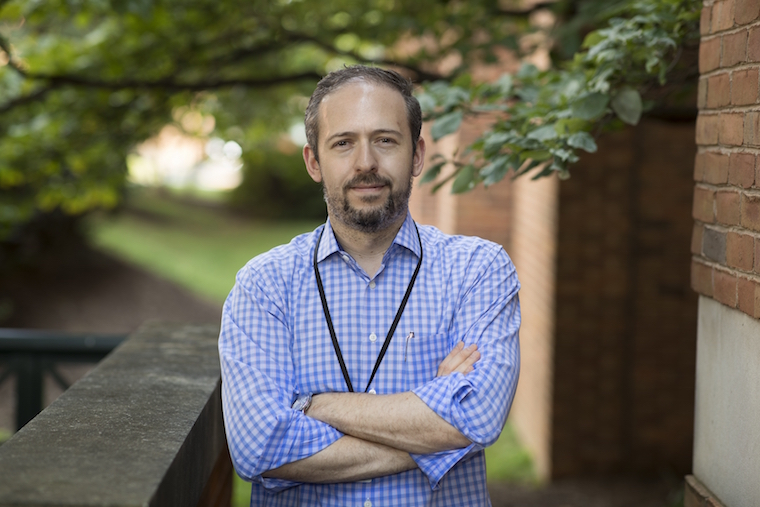Our Jonathan Kipnis, PhD, has made a series of amazing discoveries, starting with his identification of vessels connecting the brain and the immune system that were not supposed to exist. Now his game-changing work has received a most prestigious recognition: The Director’s Pioneer Award from the National Institutes of Health.
The award aims to fund research projects that could overcome some of the biggest challenges in biomedical research and have transformative effects on human health. To this end, Dr. Kipnis will receive more than $5.6 million over five years to better understand the relationship between the brain and the immune system — specifically, how the immune system and the brain communicate, and how they each influence the other. This could help unlock the secrets of many neurological diseases. “Every system in our body is controlled by the brain and is nurtured by the immune system, so it is inconceivable that the brain is not controlling the immune system and that the immune system is not supporting brain function,” said Dr. Kipnis, chairman of our Department of Neuroscience and director of its Center for Brain Immunology and Glia (BIG).
As you might guess, this accolade from the NIH is a very big deal, if you’ll excuse the pun, here at UVA.
“This is a wonderful recognition of the exciting work being done by Dr. Jonathan Kipnis,” said the School of Medicine’s dean, David S. Wilkes, MD. “He and his department are revolutionizing how we think about the brain, the immune system and the relationship between them. It is truly pioneering research, with dramatic potential to change how we view and treat neurological disease.”
Even Jim Ryan, UVA’s new president, weighed in, and I think he sums it up perfectly:
“UVA has always focused on discovering new knowledge in service of the public good,” he said. “Not all of those discoveries end up rewriting textbooks. Dr. Kipnis’ work is exceptional, and has the potential to change the way we think about and treat all kinds of diseases. Lucky for us, he’s just getting started.”
